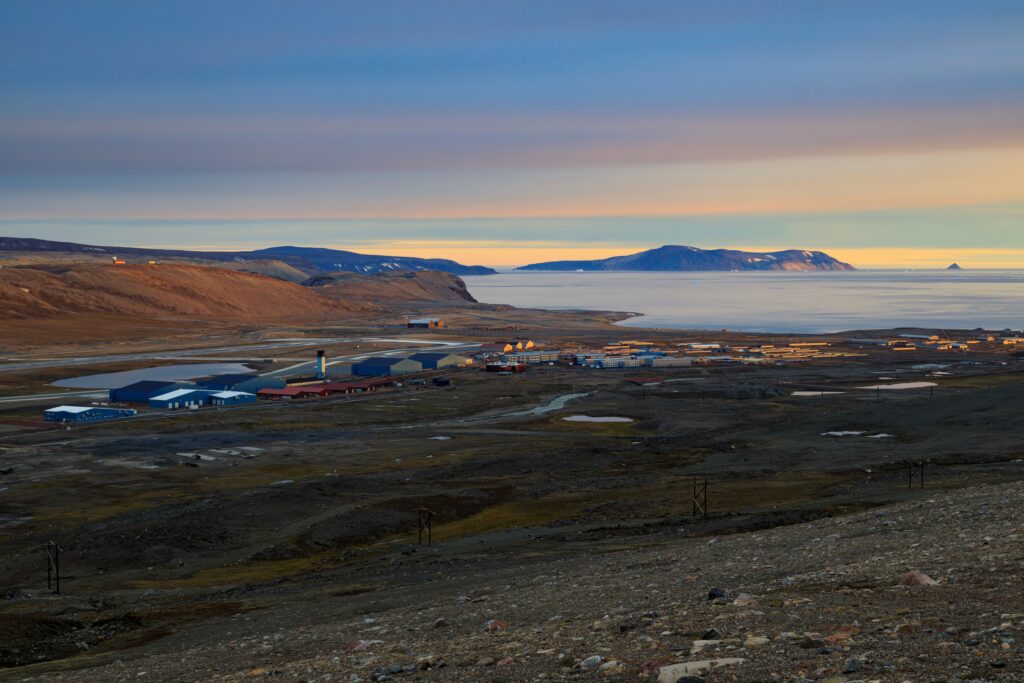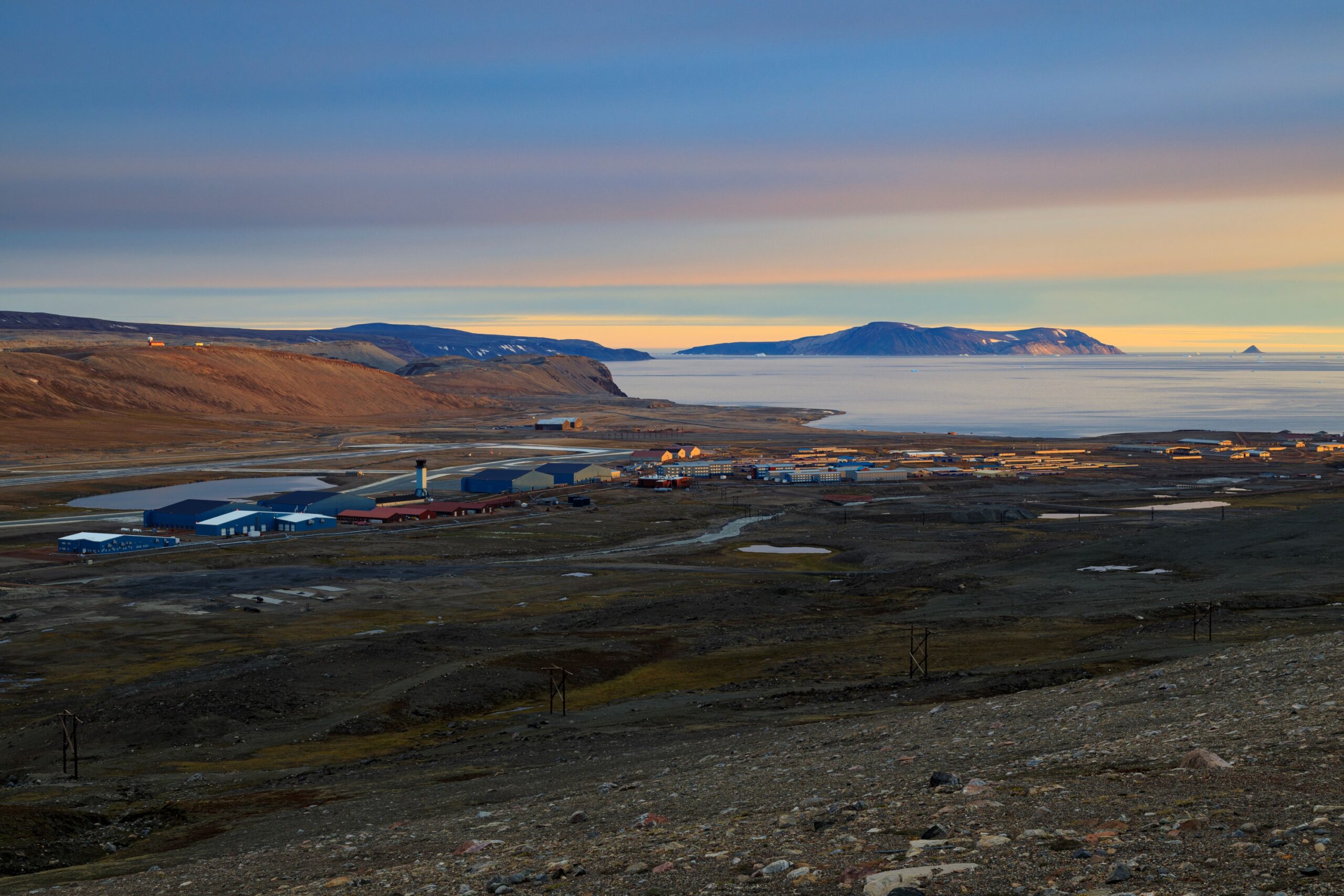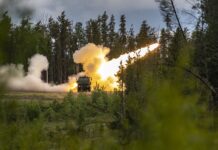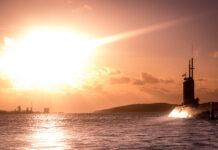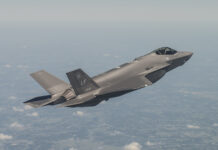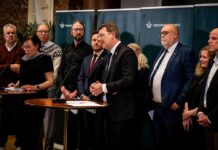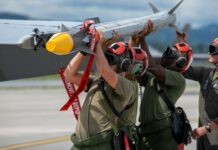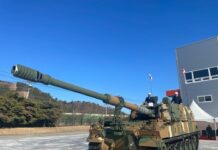As if to presage what is to come, US president-elect Donald Trump began 2025 with comments that could easily be construed as imperialist.
In a news conference at his Mar-a-Lago estate in Palm Beach, Florida, on 7 January 2025, Trump renewed his first term ambition to buy Greenland from Denmark; said the United States should regain ownership of the Panama Canal, which was built by the United States just before the First World War but ceded to Panama by the US Carter Administration through an accord signed in 1977; and argued that Canada would be better off as the US 51st state.
Most disturbingly, Trump refused, when asked by a reporter, to rule out military force to pursue the acquisition of Greenland or the Panama Canal.
There is no doubt that Greenland is strategically important to the United States. In the Second World War it hosted US bases and was used as a key staging post for the delivery of US combat aircraft into the European theatre, while since 1961 Greenland has hosted a radar site at Thule that is a central component of the US Ballistic Missile Early Warning System (BMEWS). All this was done with the blessing of sovereign nation Denmark, which, along with the United States, was a founding member of NATO in 1949.
Trump’s designs on Greenland, however, have not gone down well with the current Danish government. Following Trump’s latest comments at Mar-a-Lago, Danish Prime Minister Mette Frederiksen stressed that, while she was keen to co-operate with Washington in the Arctic, Greenland was “not for sale”. In 2019, during Trump’s first term as president, Frederiksen called his initial proposal to buy Greenland “an absurd discussion”, which prompted Trump to cancel a state visit to Denmark.
While Greenland’s prime minister, Mute Egede, has called for the island to gain its independence from Denmark, it is unlikely that Greenlanders will agree to this through subjugation to the United States.
With regard to the Panama Canal, Trump falsely claimed at Mar-a-Lago that US shipping is being unduly penalised and that China was effectively in control of the canal. In fact, calculation of the Panama Transit Fee is based on various factors, including the type of vessel, its size, cargo volume and the type of cargo carried, and while Chinese companies own two of the five ports adjacent to the canal, China does not control the canal itself.
Panama’s foreign minister, Javier Martínez-Acha, responded to Trump’s comments by saying that “the only hands operating the canal are Panamanian and that is how it is going to stay”.
The US military has previously intervened in Panama, with an invasion in December 1989 to depose the narco-regime of Manuel Noriega.
The Canadian government, meanwhile, is currently in disarray folding the 6 January 2025 announcement by Prime Minister Justin Trudeau that he was resigning. While Canadian politicians are deeply reticent to engage in a damaging tariff war with the incoming Trump administration – Trump accuses Canada of not doing enough to stem illegal drugs entering the United States and not spending enough on defence – Trudeau’s response to Trump’s threats of using economic force to absorb Canada was that there was not “a snowball’s chance in hell” that this would happen.
Canada’s sentiments on Trump’s suggestion that the country become the 51st US state were probably best summed up by the premier of Ontario, Doug Ford, who responded somewhat tongue in cheek by suggesting that, instead, Canada buys Alaska – the non-contiguous US state on Canada’s western border that the United States bought from Russia in 1867 – along with the US state of Minnesota, which borders Canada to the south.
Reporting by CNN reporter Stephen Collinson on 8 January 2025 likened Trump’s talk of acquiring Greenland, the Panama Canal and Canada to a “21st century Monroe reboot”, referring to the US Monroe Doctrine of the 19th Century that opposed European colonialism in the Western Hemisphere, which effectively claimed US durisdiction over the Americas. That is an apt analogy, for if Trump’s ‘America First’ mantra – which at least suggests some degree of international isolationism – also comes with avarice for foreign territories, then it only mimics the original Monroe Doctrine, which in seeking to block European adventures in the Americas only really sought to replace that with a US kind of colonialism. The United States intervened in Central America so many times in the 19th and 20th centuries that it is little surprise that so many of the countries in that region now have baseball as their most prominent national sport.
In the final analysis, if Trump were to attempt to use the US military to intervene in Greenland, the Panama Canal or Canada he would surely get short shrift. On the other hand, however, if Trump were to pick a fight with China, he would certainly find the US military on his side.
The commanding general of US Army Pacific (USARPAC), General Charles A Flynn, warned an audience at the 2024 Association of the US Army exhibition in Washington, DC, on 14 October of “the incremental, insidious and irresponsible path that the Chinese have been on for the better part of two decades”.
Gen Flynn further warned that “the North Koreans, the Chinese and the Russians … are absolutely working together”. However, the extent to which Trump is prepared to act against North Korea and Russia, given his cordial summits with the leaders of those countries in his first term, is somewhat in doubt.
